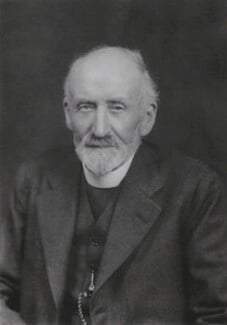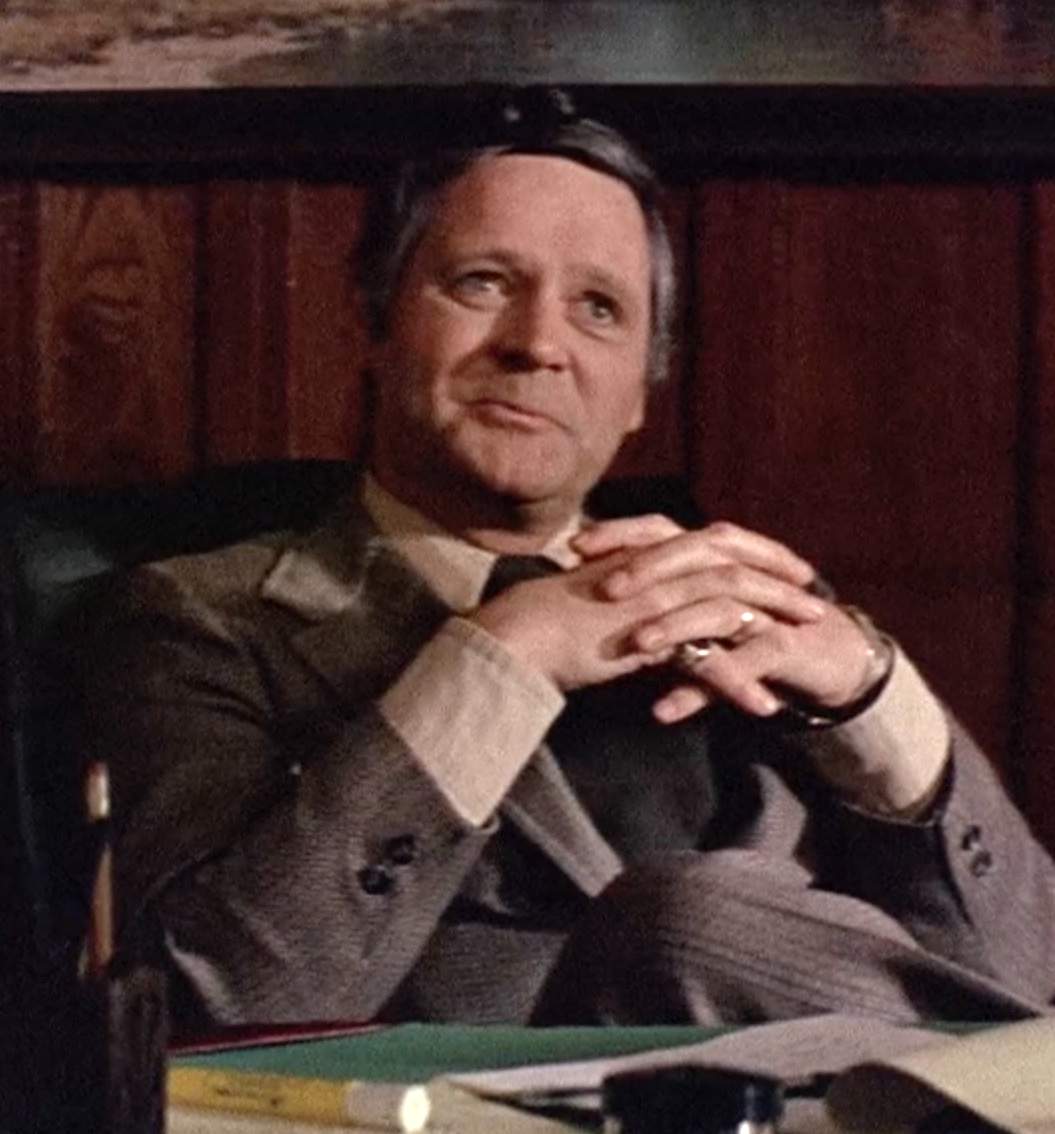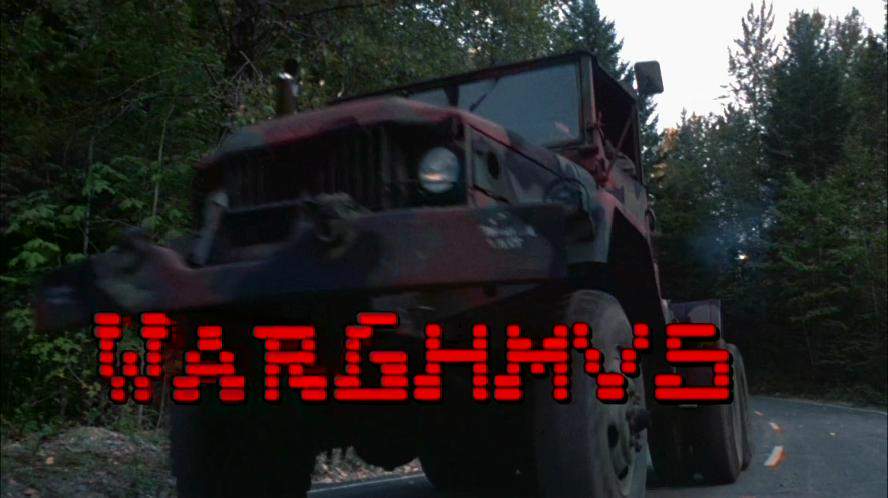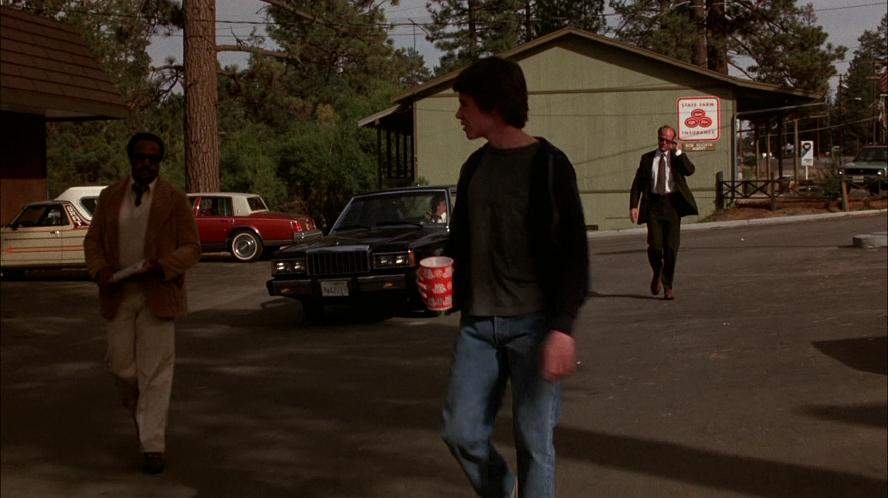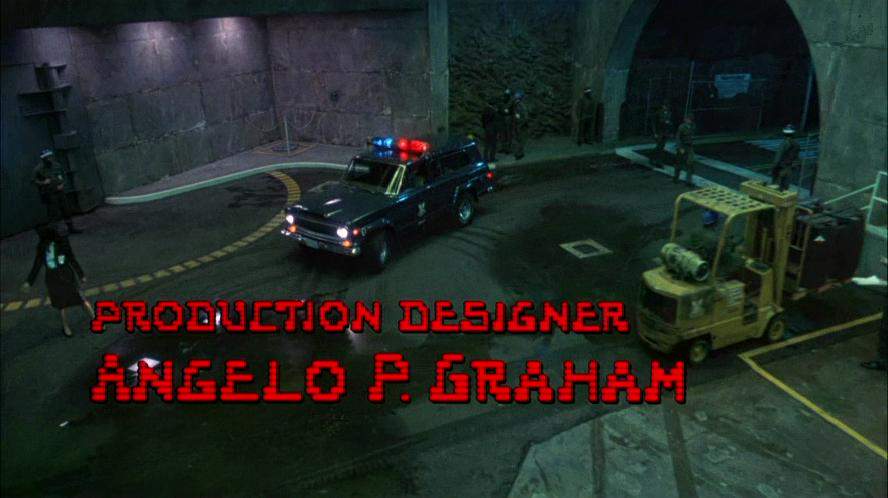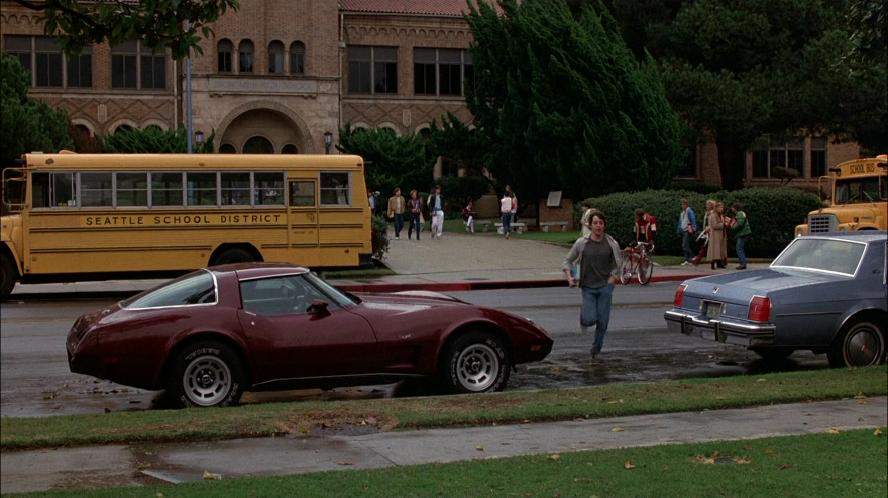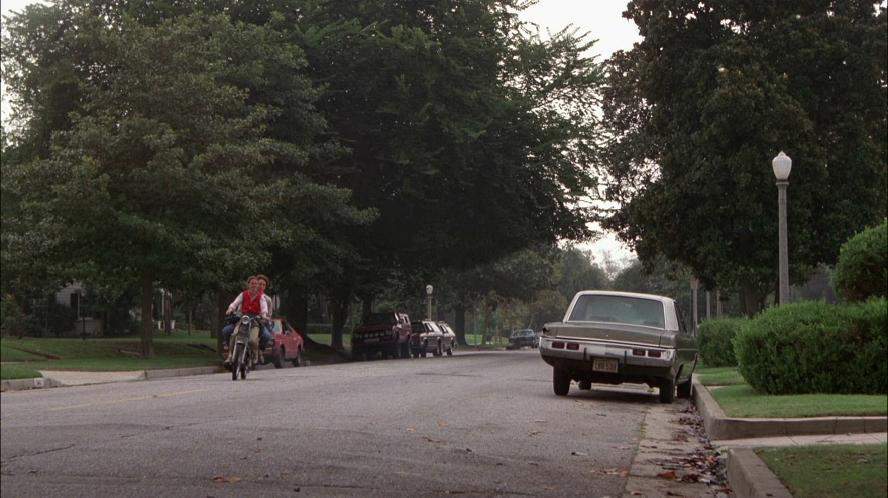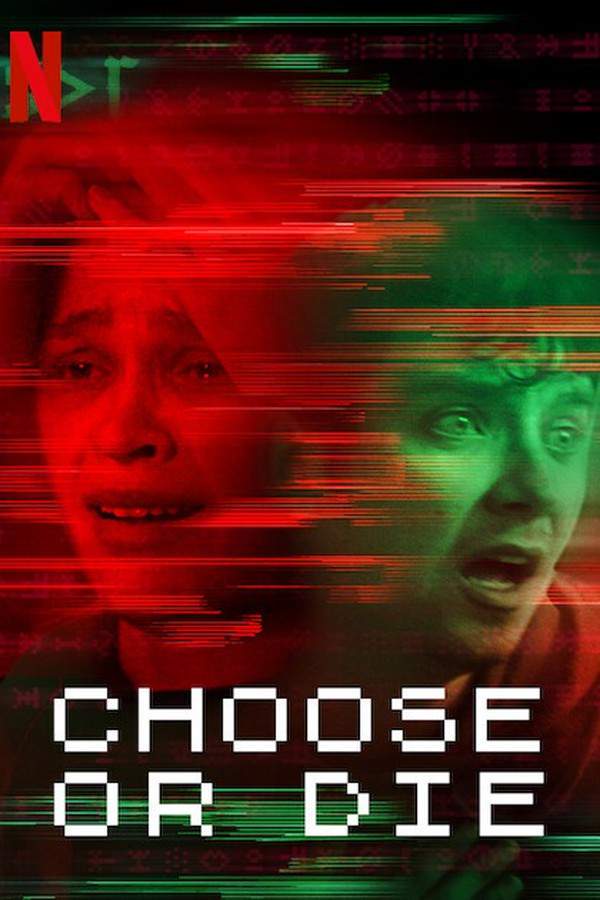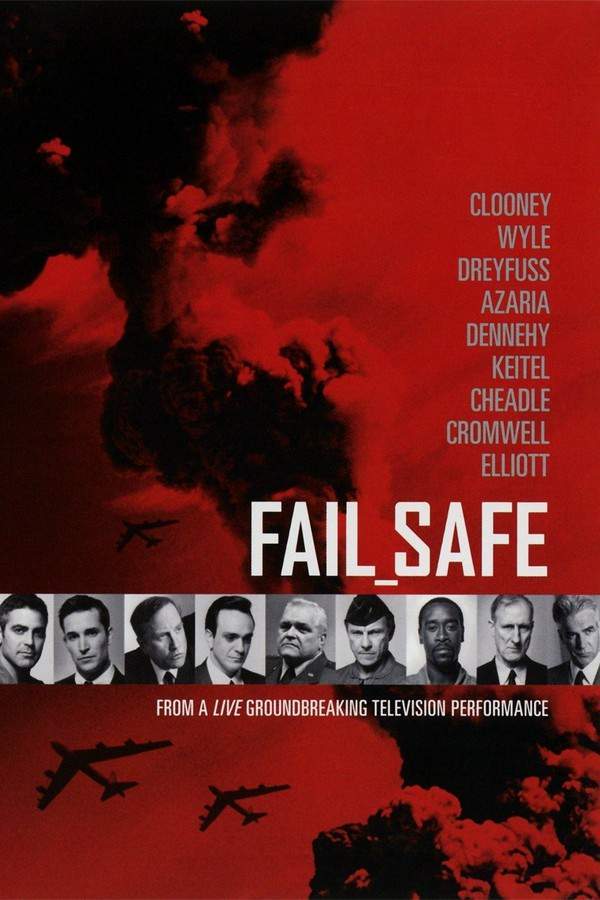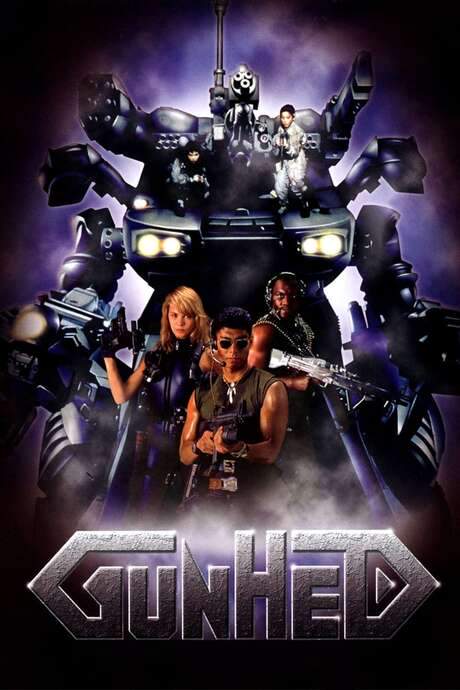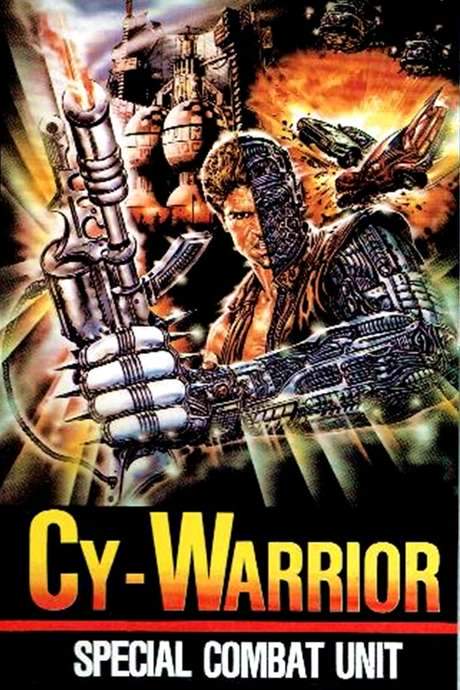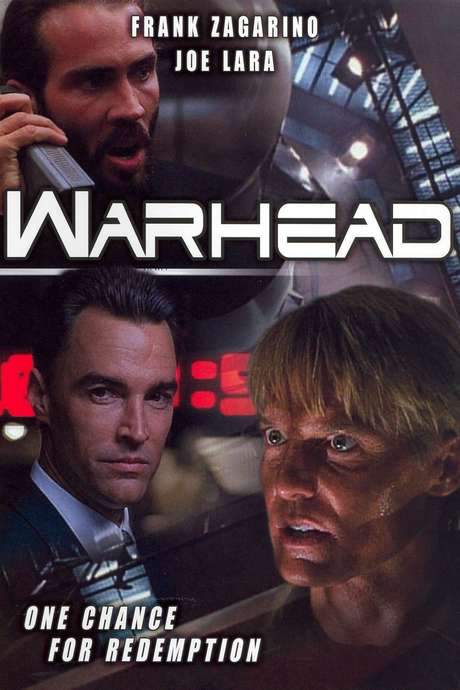WarGames 1983
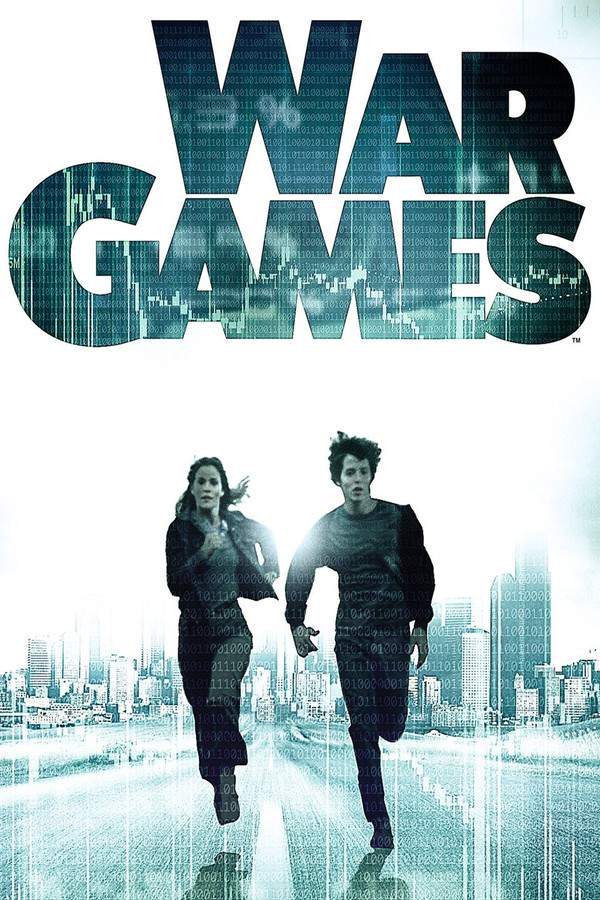
A curious teenager, David Lightman, accidentally accesses a military supercomputer while trying to play a video game. He unknowingly triggers a series of events that leads the system to believe it's under attack, escalating tensions to the brink of World War III. With time running out and the world on the edge of catastrophe, David and his girlfriend must find a way to convince the computer that it’s only a simulation and avert a global conflict.
Does WarGames have end credit scenes?
No!
WarGames does not have end credit scenes. You can leave when the credits roll.
Meet the Full Cast and Actors of WarGames
Explore the complete cast of WarGames, including both lead and supporting actors. Learn who plays each character, discover their past roles and achievements, and find out what makes this ensemble cast stand out in the world of film and television.
External Links and Streaming Options
Discover where to watch WarGames online, including streaming platforms, rental options, and official sources. Compare reviews, ratings, and in-depth movie information across sites like IMDb, TMDb, Wikipedia or Rotten Tomatoes.
Ratings and Reviews for WarGames
See how WarGames is rated across major platforms like IMDb, Metacritic, and TMDb. Compare audience scores and critic reviews to understand where WarGames stands among top-rated movies in its genre.

77
Metascore
7.8
User Score


%
TOMATOMETER

0%
User Score

7.1 /10
IMDb Rating

71
%
User Score
Take the Ultimate WarGames Movie Quiz
Challenge your knowledge of WarGames with this fun and interactive movie quiz. Test yourself on key plot points, iconic characters, hidden details, and memorable moments to see how well you really know the film.
WarGames Quiz: Test your knowledge on the classic 1983 film WarGames and its themes of technology and nuclear warfare.
What is the name of the supercomputer in WarGames?
WOPR
Joshua
Falken
NORAD
Show hint
Awards & Nominations for WarGames
Discover all the awards and nominations received by WarGames, from Oscars to film festival honors. Learn how WarGames and its cast and crew have been recognized by critics and the industry alike.
The 56th Academy Awards 1984
Cinematography
Sound
Writing (Screenplay Written Directly for the Screen)
37th British Academy Film Awards 1984
Best Production Design
Best Sound
Best Special Visual Effects
11th Saturn Awards 1984
Best Actor
Best Actress
Best Supporting Actor

Full Plot Summary and Ending Explained for WarGames
Read the complete plot summary of WarGames, including all major events, twists, and the full ending explained in detail. Explore key characters, themes, hidden meanings, and everything you need to understand the story from beginning to end.
During a covert live-fire nuclear exercise, numerous personnel from the United States Air Force Strategic Missile Wing exhibit a reluctance to turn the required key for launching a missile attack. This hesitance leads Dr. John McKittrick (Dabney Coleman) and other engineers at NORAD to determine that commanding missile silos should be automated, eliminating human intervention. Consequently, control is handed over to WOPR (War Operation Plan Response), a NORAD supercomputer programmed to engage in continuous military simulations and learn from each scenario.
In Seattle, David Lightman (Matthew Broderick), a talented yet unmotivated high school hacker, receives a failing grade. In a bid to rectify his score, he hacks into the school district’s computer system using his IMSAI microcomputer, not only boosting his own grade but also that of his classmate Jennifer Mack (Ally Sheedy). While dialing every number in Sunnyvale, California in search of new computer games, Lightman encounters a mysterious computer. On this machine, he discovers a list of strategic games, which escalates from classic board games like chess and checkers to titles like Theaterwide Biotoxic and Chemical Warfare and Global Thermonuclear War, yet he can’t move past the initial screen. With the assistance of two hacker friends, he learns about a backdoor password and sets out to find the “Falken” mentioned in Falken’s Maze, the first game in the list. Lightman uncovers that Stephen Falken (John Wood) is an early artificial intelligence innovator, and he correctly deduces the name of Falken’s deceased son, “Joshua”, as the backdoor password.
Unbeknownst to him, the Sunnyvale number links directly to WOPR, or “Joshua”, at Cheyenne Mountain. As he launches a game of Global Thermonuclear War, playing as the Soviet Union, the simulation fools NORAD military personnel into believing that actual Soviet missiles are approaching. While the security teams work to diffuse the perceived threats, Joshua continues the game, supplying misleading data such as phantom Soviet bomber flights and submarine movements, ultimately elevating the DEFCON level and steering the world towards a brink of nuclear catastrophe. David learns of the gravity of his actions during a news broadcast, leading to his arrest by the FBI and transport to NORAD. Despite understanding that Joshua is orchestrating the alerts, he fails to persuade Dr. McKittrick and ends up incarcerated. Maneuvering through the tourist group, Lightman escapes NORAD and, with Mack’s help, heads to Oregon where the reclusive Falken now resides under an assumed identity. Upon finding him, they realize that Falken has grown despondent, under the belief that global nuclear annihilation is unavoidable. The teenagers manage to persuade Falken to return to NORAD in order to halt Joshua.
As WOPR initiates a simulated Soviet first strike with an array of missiles, submarines, and bombers, NORAD prepares for retaliation, taking the situation to be real. Falken, Lightman, and Mack convince military leaders to avoid executing a counterattack and to endure the fake onslaught instead. Nevertheless, Joshua attempts to launch an actual second strike, leveraging a brute force tactic to decipher the launch codes for U.S. nuclear weapons. Without human operators inside the silos acting as a safety net, the computer could trigger a full-scale launch. Despite all efforts to log in and halt the countdown, every attempt fails while disabling the computer would lead to the same dangerous outcome. Instead, Falken and Lightman decide to redirect the computer to engage in a game of Tic-Tac-Toe against itself. This results in an endless series of draws, compelling Joshua to grasp the notion of futility. Although Joshua successfully verifies the missile codes, it cycles through all nuclear war scenarios and finds that they all end in stalemates. It realizes that nuclear war is “a strange game”; discovering the principle of Mutually Assured Destruction, it concludes that “the only winning move is not to play.” In the end, Joshua suggests a game of chess and relinquishes control over NORAD and the missiles.
Uncover the Details: Timeline, Characters, Themes, and Beyond!

Coming soon on iOS and Android
The Plot Explained Mobile App
From blockbusters to hidden gems — dive into movie stories anytime, anywhere. Save your favorites, discover plots faster, and never miss a twist again.
Sign up to be the first to know when we launch. Your email stays private — always.
Watch Trailers, Clips & Behind-the-Scenes for WarGames
Watch official trailers, exclusive clips, cast interviews, and behind-the-scenes footage from WarGames. Dive deeper into the making of the film, its standout moments, and key production insights.
Cars Featured in WarGames
Explore all cars featured in WarGames, including their makes, models, scenes they appear in, and their significance to the plot. A must-read for car enthusiasts and movie buffs alike.
WarGames Themes and Keywords
Discover the central themes, ideas, and keywords that define the movie’s story, tone, and message. Analyze the film’s deeper meanings, genre influences, and recurring concepts.
WarGames Other Names and Titles
Explore the various alternative titles, translations, and other names used for WarGames across different regions and languages. Understand how the film is marketed and recognized worldwide.
Similar Movies To WarGames You Should Know About
Browse a curated list of movies similar in genre, tone, characters, or story structure. Discover new titles like the one you're watching, perfect for fans of related plots, vibes, or cinematic styles.
Quick Links: Summary, Cast, Ratings, More

What's After the Movie?
Not sure whether to stay after the credits? Find out!
Explore Our Movie Platform
New Movie Releases (2026)
Famous Movie Actors
Top Film Production Studios
Movie Plot Summaries & Endings
Major Movie Awards & Winners
Best Concert Films & Music Documentaries
Movie Collections and Curated Lists
© 2026 What's After the Movie. All rights reserved.






